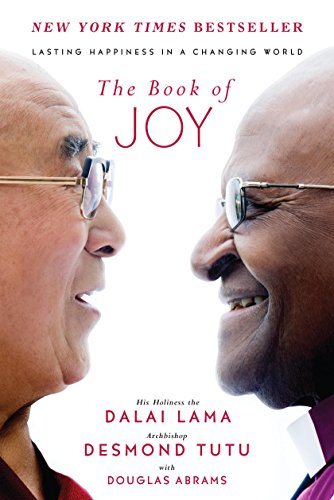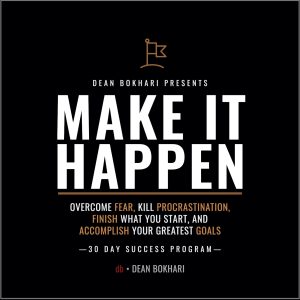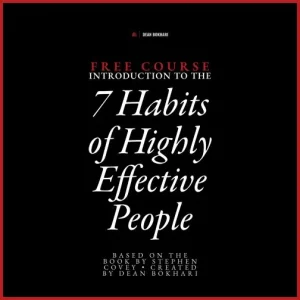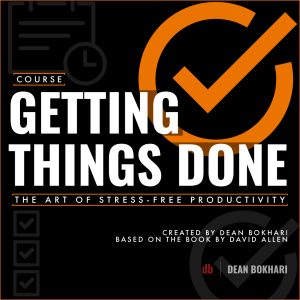The Book of Joy: Lasting Happiness in a Changing World
by Dalai Lama, Desmond Tutu, Douglas Carlton Abrams
About
What does it take to get two of the world’s biggest spiritual leaders together for a week? Douglas Carlton Abrams can tell us first hand. Arranging their schedules to get the Dalai Lama and Archbishop Desmond Tutu together for a time of discussion was no easy task, but the fruits of their effort, which culminated in The Book of Joy, made it well worth it.
In case you aren’t already familiar with these two great men, here’s a quick bio of both: His Holiness the 14th Dalai Lama is the spiritual leader of the Tibetan people and a passionate proponent of advancing fundamental human values. Awarded the Nobel Peace Prize in 1989, the Dalai Lama travels around the world promoting kindness, understanding and interfaith dialogue. Desmond Mpilo Tutu is the Archbishop of Southern Africa. He was awarded the Nobel Peace Prize in 1984, and was appointed chair of South Africa’s Truth and Reconciliation Commission by Nelson Mandela.
Together, the Dalai Lama and Desmond Tutu have experienced decades of hard living that included exile, oppression, and injustice, but despite it all, they remain filled with joy. Understanding the secret to their happiness is no easy task, but The Book of Joy strives to do just that.
Written by Douglas as a digest of the week-long conversations between the two great men, The Book of Joy is a window into the wisdom of these two great spiritual leaders. Profoundly inspirational and deeply moving, The Book of Joy lets us look into the lives of these two great men, revealing their thoughts and practices on how to live a more spiritual and joyful life.
Here’s What You’ll Learn About in This Summary:
- Joy can be found in any experience, so long as you know how to look for it.
- Rather than tearing us apart, suffering is a way to experience our shared humanity.
- There is little possibility for beauty in this world without a contrast of sadness.
Crucial Quotes
”Suffering is inevitable, they said, but how we respond to that suffering is our choice. Not even oppression or occupation can take away this freedom to choose our response.”
”Most people never pay much attention to the ultimate source of a happy life, which is inside, not outside. Even the source of physical health is inside, not outside.”
”You are made for perfection, but you are not yet perfect. You are a masterpiece in the making.”
Tweetable Summary
Through a week together filled with laughter, tears, and profound insight, His Holiness the Dalai Lama and Archbishop Desmond Tutu teach us how to find joy.
Links / Downloads
THE BIG IDEAS
1) We Are More Fragile Than We Know
“We are fragile creatures, and it is from this weakness, not despite it, that we discover the possibility of true joy,”
Because the Archbishop and the Dalai Lama are both busy people with many social engagements, they rarely manage to see each other in real life. For this reason, the arranged visit for the two of them was largely unprecedented and a very big deal. However, it happened years later than it was supposed to. The trip was originally delayed because of health concerns for the Archbishop, who suffered from a return of his prostate cancer. Even when his health was back on track, the medicine he needed to take to keep his cancer in remission thoroughly exhausted him, making it difficult to undergo long journeys.
Even so, Desmond Tutu refused to dwell on what he was losing by aging, and instead turned his thoughts towards the gratitude he still had for what was possible for him to experience in life. The delaying of his trip to visit the Dalai Lama only made it more special when it finally happened, and the two men were able to embrace each other in complete joy once they were finally together.
Like the Archbishop, our lives frequently get interrupted from the plans we set in place. Friends get sick and die, jobs fall through and savings can vanish with a turn of the stock market. But the uncertainty of the future is no reason to moan in the present. Both the Archbishop and the Dalai Lama wish to teach us that fragility only makes the good things in life that much more sweet. We create much of our own suffering, so we also have the ability to choose to create more joy for ourselves.



 Free Course: Intro to The 7 Habits of Highly Effective People by Stephen Covey • Instructed by Dean Bokhari.
Free Course: Intro to The 7 Habits of Highly Effective People by Stephen Covey • Instructed by Dean Bokhari.
